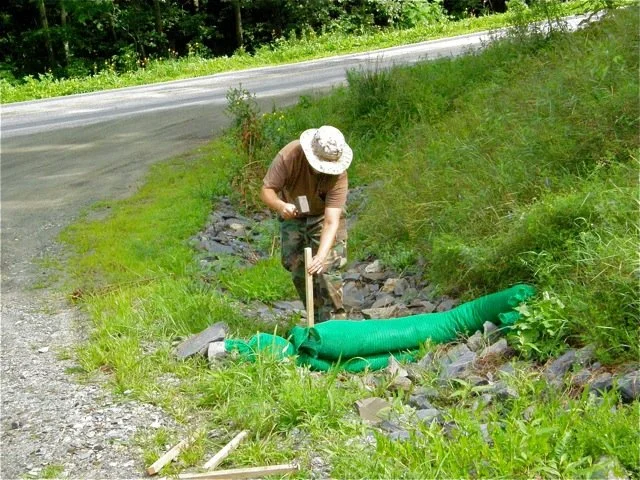Compost Use
Compost is used to enrich garden soil, restore farmland, improve stormwater management, reduce erosion and runoff, support landscaping, rebuild degraded soils, and more. Different applications call for different types of compost, depending on factors like nutrient content, chemical characteristics, and texture.
Explore the webinars below to learn how to match compost products with their best uses for healthy soils and thriving ecosystems.

Many webinars include downloadable resources and links to more information.
Featured

CAV Soil Builders,
Compost Use BMPs
Overview of NY's Erosion Control Specification
CAV Soil Builders,
Compost Use BMPs
CAV Soil Builders,
Compost Use BMPs











